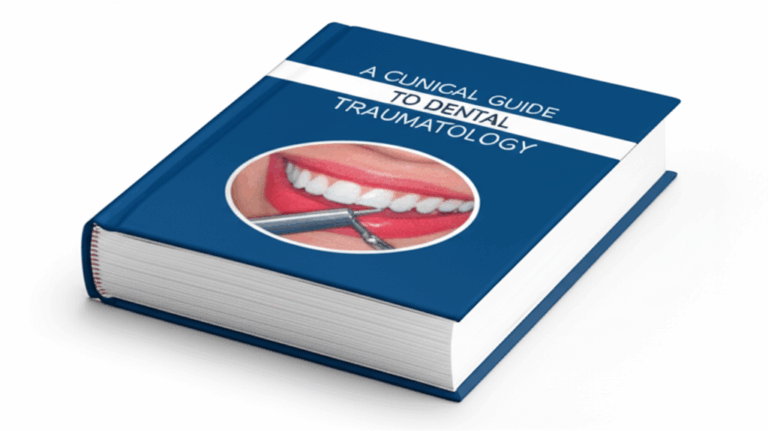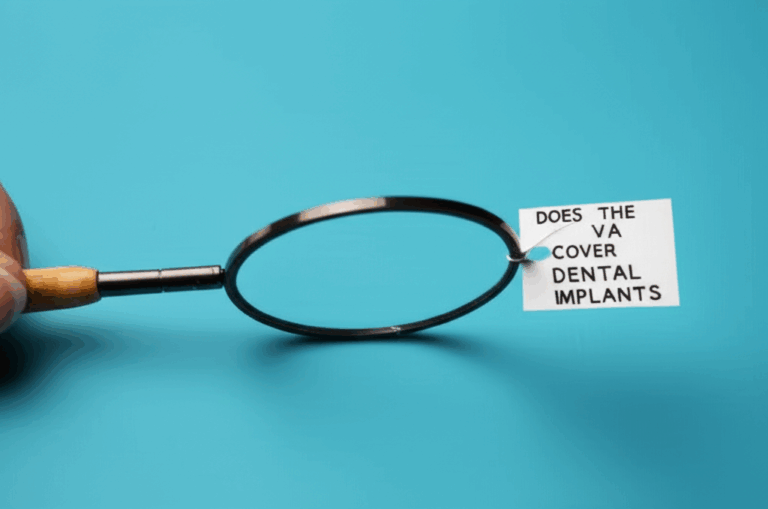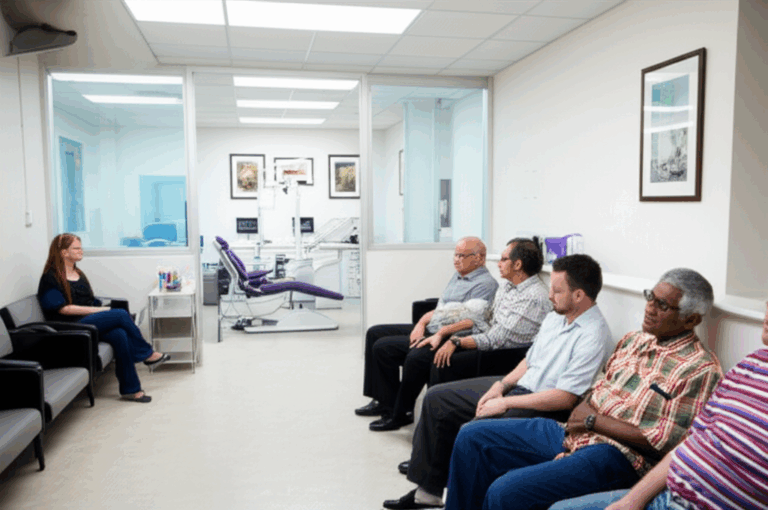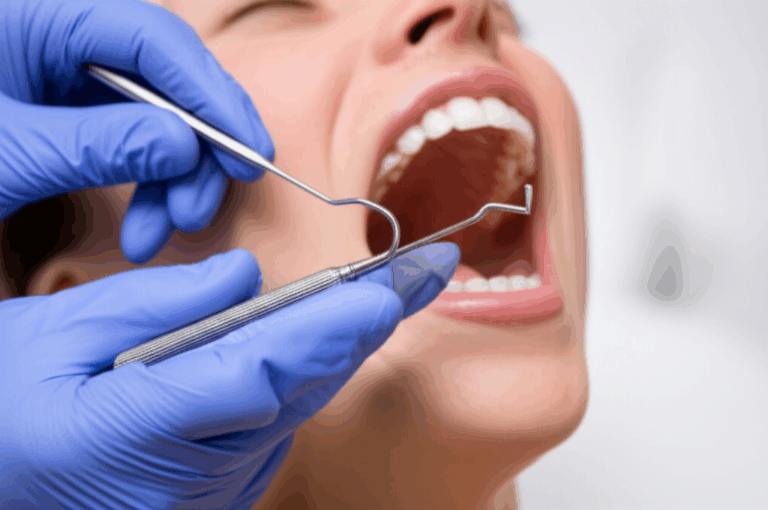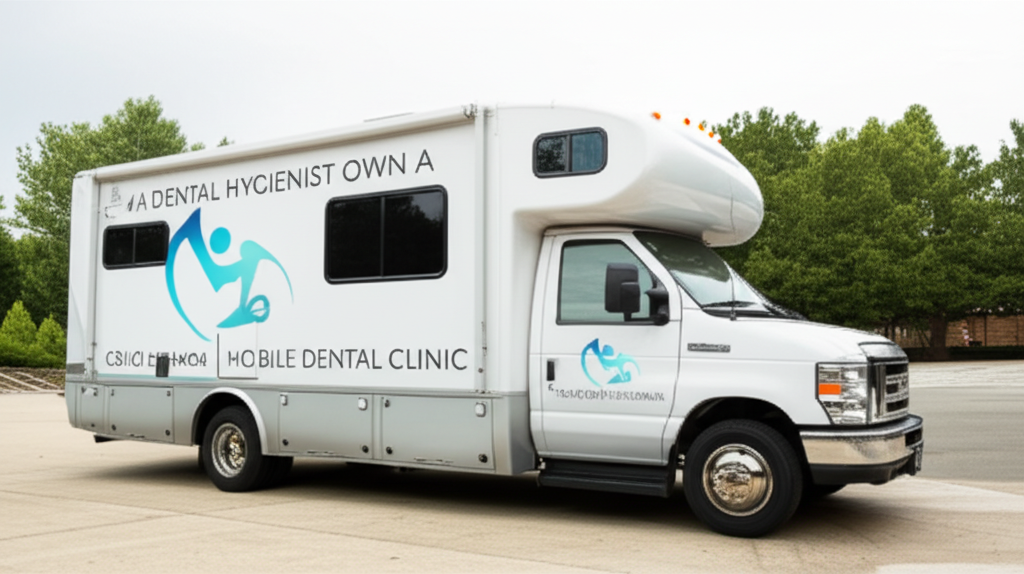
Can a Dental Hygienist Own a Mobile Dental Clinic?
Table of Contents
Introduction: My Journey into Mobile Dental Hygiene
Not too long ago, I was sitting in a regular dental office, thinking of new ways to reach patients. I liked working as a dental hygienist, but I kept feeling like there was a better way to help people who really needed or just wanted denture cleanings, advice about their teeth, and simple care, but couldn’t get it. Maybe you’ve felt the same, too.
My curiosity led me somewhere new: the world of mobile dental clinics. I found out owning a clinic could really happen, but the journey is full of legal rules, business decisions, practical know-how, and a lot of things you don’t see coming. In this article, I’ll show you what I’ve learned: the rules, the hands-on stuff, and the real chances for dental hygienists who want to travel (sometimes really driving around!) as their own boss.
If you’re wondering, “Can a dental hygienist own a mobile dental clinic?”—keep reading. I’ll show you all the stuff I wish I’d known at the beginning.
The Legal Landscape: State Regulations & Scope of Practice
Let me clear something up fast: the answer to whether you can own a mobile dental clinic as a hygienist isn’t simply yes or no. It all depends on where you live and want to work. Here’s what I found out from reading and doing.
Direct Access Dental Hygiene: Opening Doors for Ownership
Direct access can really change things for us. In simple words, direct access lets a dental hygienist work without a dentist nearby. This makes it way easier to run your own business—sometimes to even own the whole mobile clinic.
When I started looking into it, I was surprised to learn about 42 states in the U.S. let dental hygienists do some work without a dentist watching. But only about 14 to 16 states give “full direct access” where it’s much easier to own your own place.
Minnesota, Colorado, and Maine were on my list to check out. In these states, the law actually supports hygienists who want to run mobile units and help more people. But the rules can change, so it’s smart to look up the latest information on your state board’s website or check with the American Dental Hygienists’ Association (ADHA).
Collaborative Practice Agreements vs. Independent Ownership
Even in states that don’t let hygienists practice all on their own, don’t give up. Some states allow collaborative practice agreements. With these, you (the hygienist) might own the needed business parts, but you must have a dentist as a helper — maybe for some tasks or for making sure everything is good.
When I started out, I worked with a dentist using one of these agreements. It worked fine for me, since I wanted to give preventive care like screenings and cleanings, and send more complicated stuff to the dentist. It’s a smart way if your state has stricter rules, and if your contracts are clear, you won’t have big problems.
Cracking the Code: Researching Your State’s Dental Practice Act
If you only remember one thing from me, let it be this: Understand your state’s Dental Practice Act inside out. I spent a lot of time reading (and reading again!) the rules where I live. Each state is different—not just about ownership, but about what work you’re allowed to do, how much supervision you need, services you can provide, and licenses.
Here’s what helped me:
- I called my state dental board and my local dental hygiene group
- Asked questions about independent mobile clinics
- Read the details about “scope of practice,” “direct access,” and “ownership”
- Looked up extra rules for mobile dental units
It took time, but doing this saved me from big mistakes later.
Building a Mobile Dental Hygiene Business: Models & Markets
Let’s say your state lets you keep going. How do you actually put together a mobile dental hygiene business that works? Here’s what I found out by trying things, talking to people, and stumbling a few times.
What Services Can a Hygienist-Owned Mobile Clinic Offer?
In my business, I stuck to the main preventive care jobs, which included:
- Cleanings, gum treatments, deep cleanings (if allowed)
- Checking for mouth cancers
- Giving fluoride and sealants
- Taking x-rays (with a portable x-ray machine and the right certificate)
- Teaching patients, families, and caregivers about mouth health
- Sending people to local dentists or specialists for bigger work
State laws decide what you can do. For example, I had to double-check that the work I did on my own was allowed. If I wasn’t sure, I called my state board.
Finding Your Niche: Target Populations and Specialty Markets
One big thing I learned—success comes when you help the people who need care the most. Mobile dental hygiene clinics do well when they fill a gap. Some good target groups and examples from my own work:
- People in rural and faraway places: Some counties had no dentist within 30 miles and really needed care.
- Nursing homes and assisted living: Many older adults couldn’t travel and had trouble keeping a clean mouth.
- Schools and Head Start programs: I saw lots of need for teeth checks and cleanings in kids from lower-income areas.
- People who can’t leave their homes: Those sick, recovering, or with disabilities were happy to get care at home.
- Businesses: Some companies paid me to come to their office for worker teeth checks.
When I picked a smaller group to focus on, it made me stand out, made my marketing easier, and I could really help people.
Choosing the Best Business Structure
Now, let’s get into the legal side. If you run a business—even a mobile hygiene practice—you need to pick the right setup. After looking at options, here’s what I learned:
- Sole proprietorship: Very easy to start, but you’re personally responsible if something bad happens.
- Limited Liability Company (LLC): This worked best for me. It separates my business from my own things, so I felt safer.
- S-Corporation or similar: A little harder to set up, but might be good for bigger teams or special tax stuff.
I met with a lawyer and a tax expert to choose. The main thing was keeping my family and myself safe from money problems, and keeping the paperwork simple.
Startup Realities: Funding, Operations & Sustainability
Dreaming about your clinic is fun. But opening a mobile dental clinic? That’s all about budgets, checklists, and late nights working out how to make it all run.
Startup Costs & Funding Tips
Here’s about what I spent:
- Vehicle: You could buy a new or used van, small RV, or trailer. I picked a used RV for around $75,000, then spent another $25,000 turning it into a dental clinic—with things like plumbing, power, and cabinets.
- Equipment: Portable chairs, x-ray machine, sterilizer, cleaning tools, and all the tools you use every day. This really adds up—about $30,000 for the basics.
- Insurance: You need several types (liability, business, auto), and that was a few thousand dollars.
- Licenses and legal fees: These change depending on where you are.
All together, my startup costs were on the lower side for mobile clinics, about $150,000 to $500,000. To get going, I used a small business loan and some community health grants.
If I did it again? I’d spend more time finding grant opportunities for dental hygienists and maybe try crowdfunding. You gotta get creative when you’re just starting.
Insurance, Billing & Reimbursement
This is something they never taught me in hygiene school: Billing is hard. I had to sign up with Medicaid and a few private insurance companies—plus set up a good way to bill people who paid themselves.
Some things I learned:
- Signing up for insurance plans can take months. Start as soon as you can.
- Medicaid rules for mobile clinic hygiene change by state—check everything.
- Set up a cloud record system to track patients and charges.
- Maybe hire a part-time billing pro or use an outside service. Trust me, it helps.
For insurance, I bought general business, professional, and auto plans. Don’t try to save money by skipping these.
Day-to-Day Operations: Logistics, Staffing & Marketing
How it runs every day really took getting used to. No more sitting in the back of an office waiting for patients. My days were busy, planning routes, setting up, packing up, and driving to the next stop.
Some tips that helped:
- Use an app or map site to save driving time.
- Have a step-by-step cleaning and safety process ready. Once, I forgot to refill cold sterilizer—not good!
- Always check your RV’s gas, water, and repairs before you leave.
- If you see a lot of patients, hire one helper. It made things way faster and less stressful.
For marketing, reaching out in person—talking with local dentists for referrals, social media, and a basic website—worked way better than paying for ads.
Also, you might want to register on a digital dental lab network if you decide to offer online advice or dental screenings.
Advantages and Challenges of Hygienist-Owned Mobile Clinics
I’m not going to pretend it’s easy. Running your own mobile dental clinic is tough work. But the good stuff—how you feel inside, what you learn, and the money you can make—can be awesome.
The Perks: Why Mobile Ownership Matters
Here’s what made the hard stuff feel worth it to me:
- Being my own boss: I set my hours, picked my patients, and ran things my way.
- Helping the community: I could give real care to homebound seniors, kids at risk, and people in rural areas who hadn’t seen a pro in years.
- Stopping problems before they start: When I stuck to simple care, I saw clear changes in my community’s mouth health.
- Being flexible: No office rent meant bills were lower, and I could change my schedule without much trouble.
- Learning and growing: I learned more about business, leadership, and speaking up for patients than I ever would have as someone else’s worker.
I had one patient, an older woman in a nearby town, remind me every visit how much this job meant. Her smiles and thanks kept me going when things were tough.
The Hurdles: Challenges and How I Overcame Them
Now for the real talk. Here’s what was harder than I expected:
- Legal stuff: State rules were sometimes unclear. I often checked with my state dental hygiene group or asked a lawyer just to be sure.
- Startup money: The costs were big at first. I steered clear of overspending—bought some stuff used.
- Getting referral partners: Some local dentists thought I was “taking” their patients. I met with them for coffee, talked openly, and built trust bit by bit.
- Broke down vans and bad weather: Flat tires, no power, or snow storms made for some long days! Always keep a backup plan and emergency kit.
- Feeling burned out: You have to do almost every job—driver, scheduler, cleaner, marketer. I learned to set limits and plan for time off.
If you want to try this path, know the hard things can be handled. It’s just part of the road.
How to Launch Your Own Mobile Dental Hygiene Practice
Starting is the toughest. Here’s my short list—everything I figured out about opening up a mobile dental hygiene clinic:
Every part might seem hard at first, but each win—your first client, a happy review, a new dentist who helps you—makes it all pay off.
Conclusion: Leading the Future of Oral Health Access
If I could tell other hygienists one thing, it’s this: You can change mouth health in your town or city. Owning a mobile dental clinic isn’t just a way to make money; it’s a real mission. It’s about saying yes to having control, yes to starting your own thing, and yes to reaching people who are often ignored.
Things won’t always go smoothly. Laws change, needs change, and something new pops up every day. But if you keep trying, focus on the community, and stay ready to learn, you can build something really amazing—for yourself and your patients.
If you’re ready to jump in, gather your information, ask for support, and stay open to learning new things. The future of dental hygiene is on the move, more flexible, and—most important of all—it’s open for everyone. Let’s get going and lead the way.
Want to see how good products from a china dental lab or modern ideas from a digital dental lab can help your mobile clinic? Or maybe you want to work with creative veneer suppliers? These partnerships can make your adventure into mobile dental care a bit easier—trust me, every little bit helps.

